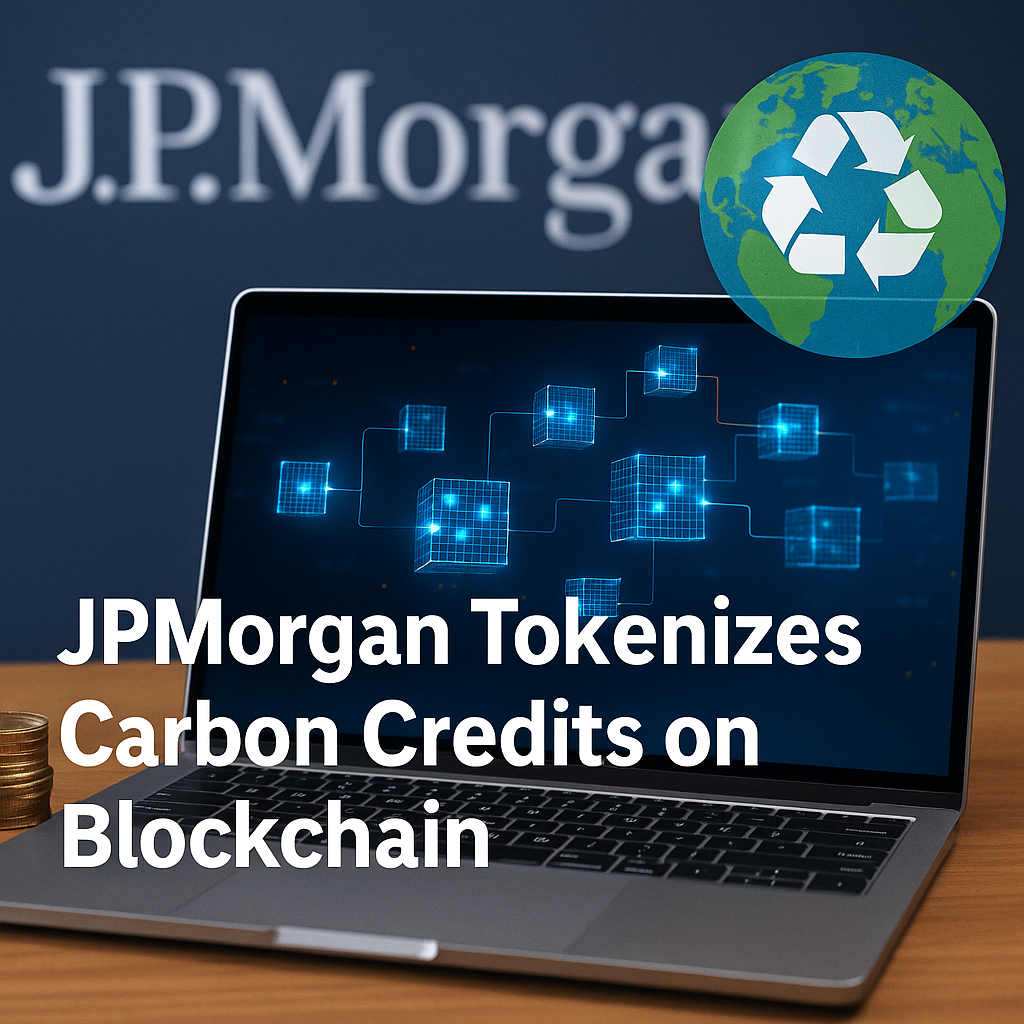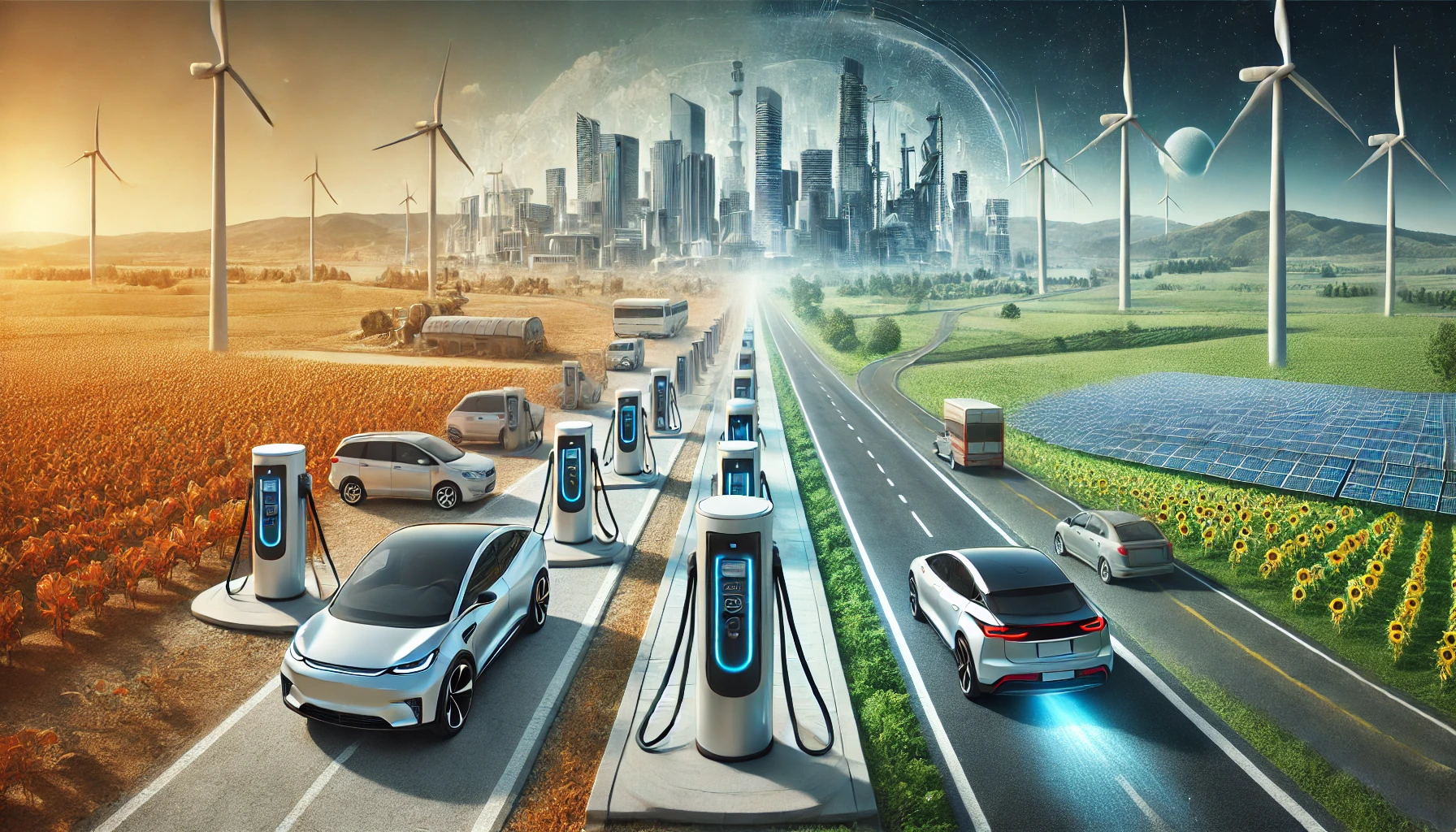The global minerals trade—especially tin, tungsten, tantalum, and gold—has long been associated with some of the world’s most complex ethical challenges. These so-called conflict minerals often originate from regions marked by unsafe working conditions, environmental damage, corruption, or links to armed groups. Despite years of regulatory pressure and corporate pledges, true supply-chain transparency has remained elusive.
Today, however, a surprising technological ally is emerging from an unlikely place: Rwanda. In the heart of Central Africa, a tin-smelting operation is pioneering the use of blockchain technology to track minerals from extraction to export with unprecedented accuracy. Their approach demonstrates how decentralized digital systems can transform a notoriously opaque industry—and offer a blueprint for sustainable mineral sourcing worldwide.
Why Blockchain? Why Now?
Traditional mineral-tracking relies on paperwork, broker declarations, and manually updated databases—systems that are vulnerable to fraud, gaps, or intentional manipulation. A single mislabeled shipment can make “clean” minerals indistinguishable from materials linked to conflict or illegal mining.
Blockchain changes this dynamic.
Its decentralized, tamper-resistant ledger ensures that every movement of the mineral—every batch, every smelting step, every export—is permanently recorded. Data cannot be altered retroactively, making it significantly harder for unethical material to be laundered into the legal supply chain.
For industries like electronics, renewable energy, and automotive manufacturing—where tin and other critical minerals are indispensable—this type of traceability is more than a compliance benefit. It’s becoming a competitive advantage.
Rwanda’s Tin-Smelting Initiative: A Real-World Pilot
The tin-smelting facility in Rwanda is demonstrating how blockchain can integrate directly into daily industrial workflow:
-
Miners tag ore batches at the point of origin.
Each bag receives a digital identity connected to a blockchain entry. -
Smelters scan and record processing events.
Every heating, separation, refining, or quality test creates a new time-stamped block. -
Exporters update the ledger at shipment.
Buyers abroad can verify—instantly and independently—that the tin they receive comes from a clean, ethical source.
This approach links minerals, sustainability and digital ownership in a way that was simply not possible a decade ago. It also aligns with growing expectations from global markets, especially as governments increase pressure for responsible sourcing.
A New Model for Ethical Supply Chains
Blockchain is not a magic bullet—but it is a powerful enabler of trust, especially in industries where opacity has historically benefited bad actors.
Its benefits include:
-
Transparency: Every transaction is visible and verifiable.
-
Accountability: No single entity can rewrite history or hide unethical sourcing.
-
Efficiency: Automated tracking reduces paperwork and verification costs.
-
Global consistency: A blockchain ledger looks the same in Kigali as it does in New York or Shenzhen.
For countries like Rwanda, this technology also offers economic upside. Demonstrating rigorous traceability helps attract responsible international buyers, elevating the country’s position in the global minerals market.
Sustainability Through Digital Ownership
One of the most promising aspects of this model is the concept of digital ownership certificates—blockchain tokens representing mineral batches. These certificates can help companies prove compliance, measure environmental impact, and even build secondary markets for recycled materials.
The result is a system where sustainability becomes measurable, verifiable, and integrated into the core economics of mineral production.
Looking Ahead: A Global Shift Toward Trust-Based Trade
If the model pioneered in Rwanda scales across Central Africa—and later across South America and Southeast Asia—the mineral supply chain could undergo one of its most significant transformations in history.
Blockchain won’t replace the need for inspections, workers’ rights, or local governance reforms. But it can anchor these efforts in transparent, tamper-proof data—making it considerably harder for unethical practices to survive in the shadows.
In an era where the world demands cleaner batteries, smarter electronics, and greener technology, responsible mineral sourcing is becoming non-negotiable. The Rwandan tin-smelting operation shows that the future of ethical mining may be built not only on improved policy—but on decentralized digital trust.




